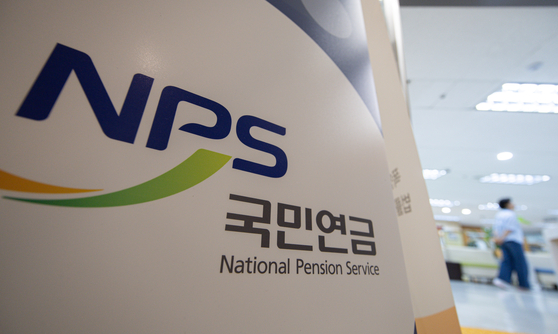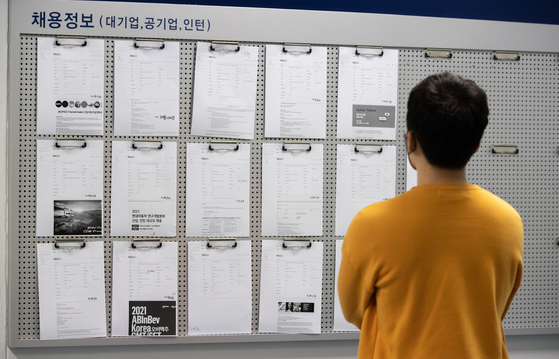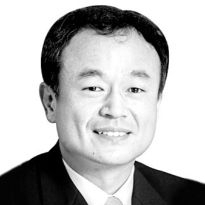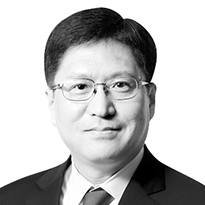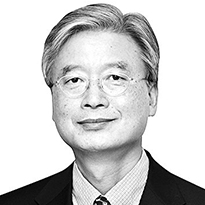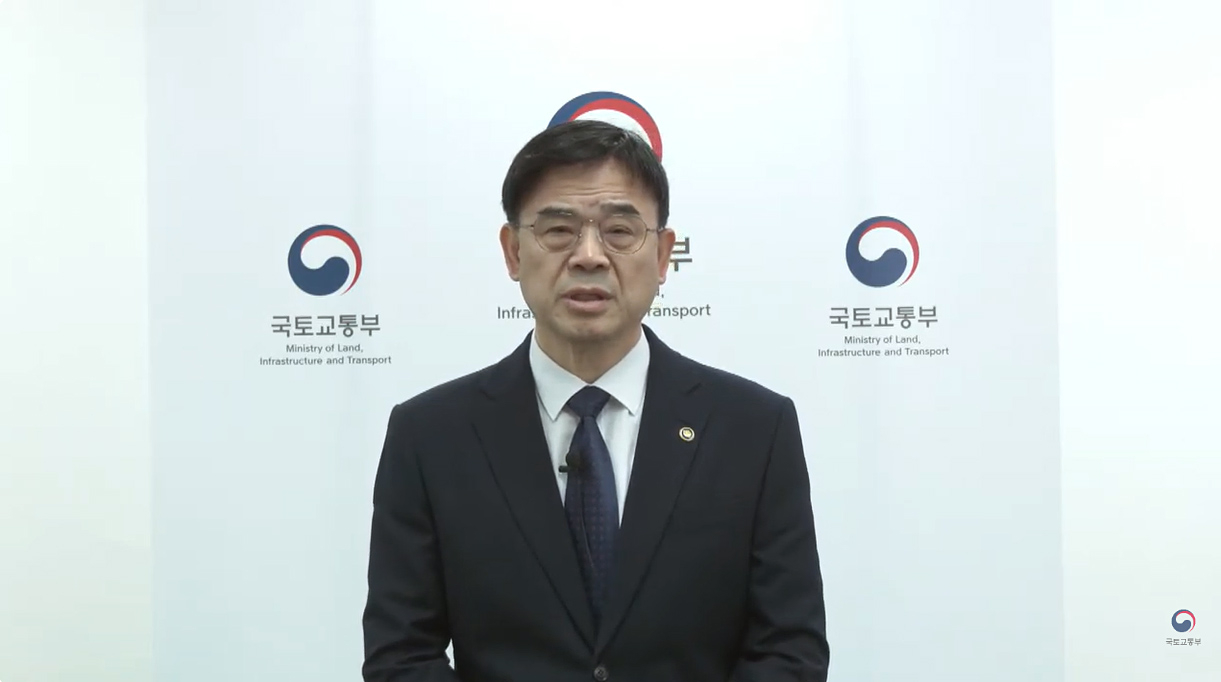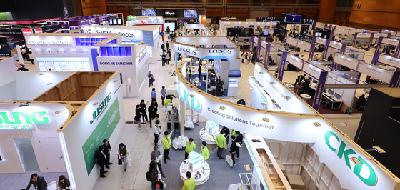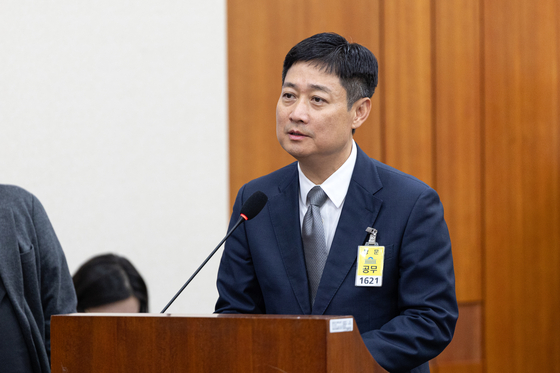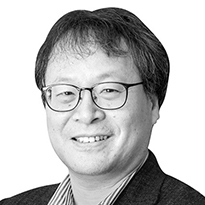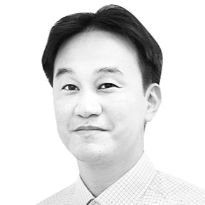Foreigners using NPS's 'buyback' system as longterm investment strategy
Update: 2025-10-24
Description
This article is by Chae Hye-seon and read by an artificial voice.
In Korea, some foreign residents are finding an unlikely investment opportunity in the country's public pension system. By making lump-sum "buyback" payments to cover years of missed contributions, they can secure lifetime monthly benefits - a practice that has turned a safety-net program into a retirement strategy for an increasing number of foreigners.
When a 65-year-old foreign national made a lump-sum payment of 8.82 million won ($6,130) in January to cover 98 months of unpaid National Pension contributions, the individual became eligible for a steady monthly pension for life.
The person had previously paid into Korea's National Pension Service (NPS) for only 22 months, far short of the 10-year minimum needed to qualify for old-age benefits. But through the system known as "retroactive payment," the individual extended the contribution period to 120 months and began receiving 235,000 won per month starting in February.
Thanks to the system, the individual, who spoke to the JoongAng Ilbo on the condition of anonymity, will recover the full amount paid within three to four years and continue receiving payments until death. If the person lives to 80, the total benefits could amount to around 50 million won, assuming a 2 percent annual increase in pension payouts.
More foreigners are taking advantage of the pension "buyback" system, viewing it as a form of financial planning - even "pension investing."
Data submitted by People Power Party Rep. Han Zee-a of the National Assembly's Health and Welfare Committee showed that the number of foreign subscribers to the National Pension Service jumped 51.1 percent in four years, from 312,308 in 2020 to 471,861 in 2024.
By nationality, Chinese accounted for the largest share at 41.3 percent as of last year, followed by Vietnamese at 11.3 percent, Indonesians at 7.4 percent and Cambodians at 7.1 percent.
The number of foreign pension recipients is also growing rapidly. In 2024, 11,460 foreigners received old-age pensions - up 154 percent from 2020. Among them, 54.8 percent, or 6,279 people, were Chinese.
The number of foreigners applying for retroactive payments reached an all-time high last year. According to the NPS, applications for such transactions rose from 43 in 2015 to 848 in 2024 - nearly a 20-fold increase. The total amount of retroactive payments increased from 203 million won to 5.46 billion won over the same period. Over the past decade, foreigners have filed 3,820 such applications worth a combined 22.79 billion won.
In the past three years, there were 528 applications in 2022, 530 in 2023, and 848 in 2024, showing steady growth. From 2020 to 2022, Chinese applicants accounted for 67.6 percent of all cases, followed by Americans at 13.7 percent and Canadians at 8.4 percent, data from the National Pension Research Institute showed.
A legal system turned financial strategy
The retroactive payment system allows participants to pay back up to 10 years of missed pension contributions at the current rate, giving people who paused their payments - due to unemployment, business closure, or career breaks - a second chance to qualify for benefits.
However, because one lump-sum payment can lead to lifetime monthly payouts, some see the system as a profitable investment strategy.
One foreigner, for example, had paid into the system for six years but made an additional retroactive payment of 10.8 million won to cover 48 missing months this January. From February, the individual began receiving 256,000 won per month in pension benefits.
Unlike Korea, countries such as Germany and Austria restrict retroactive payments to specific circumstances like child care or study interruptions. Germany recognizes a maximum of five years of childcare-related pension credits, while Austria limits buyback periods for education to between 24 and 72 months.
Rep. Han said Korea should tighten oversight of the system.
"With the National ...
In Korea, some foreign residents are finding an unlikely investment opportunity in the country's public pension system. By making lump-sum "buyback" payments to cover years of missed contributions, they can secure lifetime monthly benefits - a practice that has turned a safety-net program into a retirement strategy for an increasing number of foreigners.
When a 65-year-old foreign national made a lump-sum payment of 8.82 million won ($6,130) in January to cover 98 months of unpaid National Pension contributions, the individual became eligible for a steady monthly pension for life.
The person had previously paid into Korea's National Pension Service (NPS) for only 22 months, far short of the 10-year minimum needed to qualify for old-age benefits. But through the system known as "retroactive payment," the individual extended the contribution period to 120 months and began receiving 235,000 won per month starting in February.
Thanks to the system, the individual, who spoke to the JoongAng Ilbo on the condition of anonymity, will recover the full amount paid within three to four years and continue receiving payments until death. If the person lives to 80, the total benefits could amount to around 50 million won, assuming a 2 percent annual increase in pension payouts.
More foreigners are taking advantage of the pension "buyback" system, viewing it as a form of financial planning - even "pension investing."
Data submitted by People Power Party Rep. Han Zee-a of the National Assembly's Health and Welfare Committee showed that the number of foreign subscribers to the National Pension Service jumped 51.1 percent in four years, from 312,308 in 2020 to 471,861 in 2024.
By nationality, Chinese accounted for the largest share at 41.3 percent as of last year, followed by Vietnamese at 11.3 percent, Indonesians at 7.4 percent and Cambodians at 7.1 percent.
The number of foreign pension recipients is also growing rapidly. In 2024, 11,460 foreigners received old-age pensions - up 154 percent from 2020. Among them, 54.8 percent, or 6,279 people, were Chinese.
The number of foreigners applying for retroactive payments reached an all-time high last year. According to the NPS, applications for such transactions rose from 43 in 2015 to 848 in 2024 - nearly a 20-fold increase. The total amount of retroactive payments increased from 203 million won to 5.46 billion won over the same period. Over the past decade, foreigners have filed 3,820 such applications worth a combined 22.79 billion won.
In the past three years, there were 528 applications in 2022, 530 in 2023, and 848 in 2024, showing steady growth. From 2020 to 2022, Chinese applicants accounted for 67.6 percent of all cases, followed by Americans at 13.7 percent and Canadians at 8.4 percent, data from the National Pension Research Institute showed.
A legal system turned financial strategy
The retroactive payment system allows participants to pay back up to 10 years of missed pension contributions at the current rate, giving people who paused their payments - due to unemployment, business closure, or career breaks - a second chance to qualify for benefits.
However, because one lump-sum payment can lead to lifetime monthly payouts, some see the system as a profitable investment strategy.
One foreigner, for example, had paid into the system for six years but made an additional retroactive payment of 10.8 million won to cover 48 missing months this January. From February, the individual began receiving 256,000 won per month in pension benefits.
Unlike Korea, countries such as Germany and Austria restrict retroactive payments to specific circumstances like child care or study interruptions. Germany recognizes a maximum of five years of childcare-related pension credits, while Austria limits buyback periods for education to between 24 and 72 months.
Rep. Han said Korea should tighten oversight of the system.
"With the National ...
Comments
In Channel

